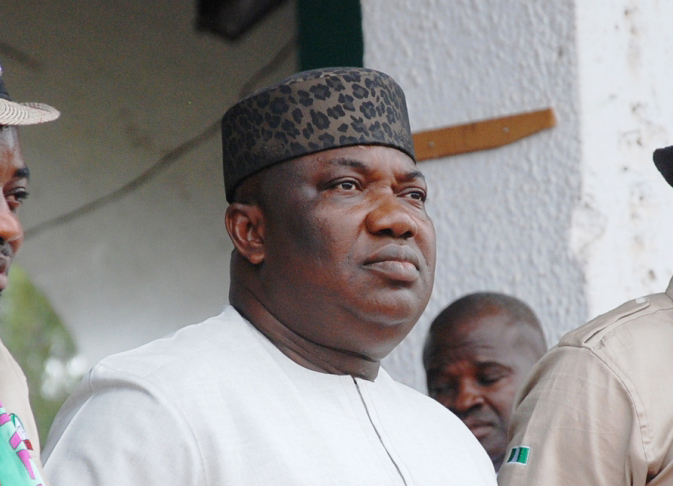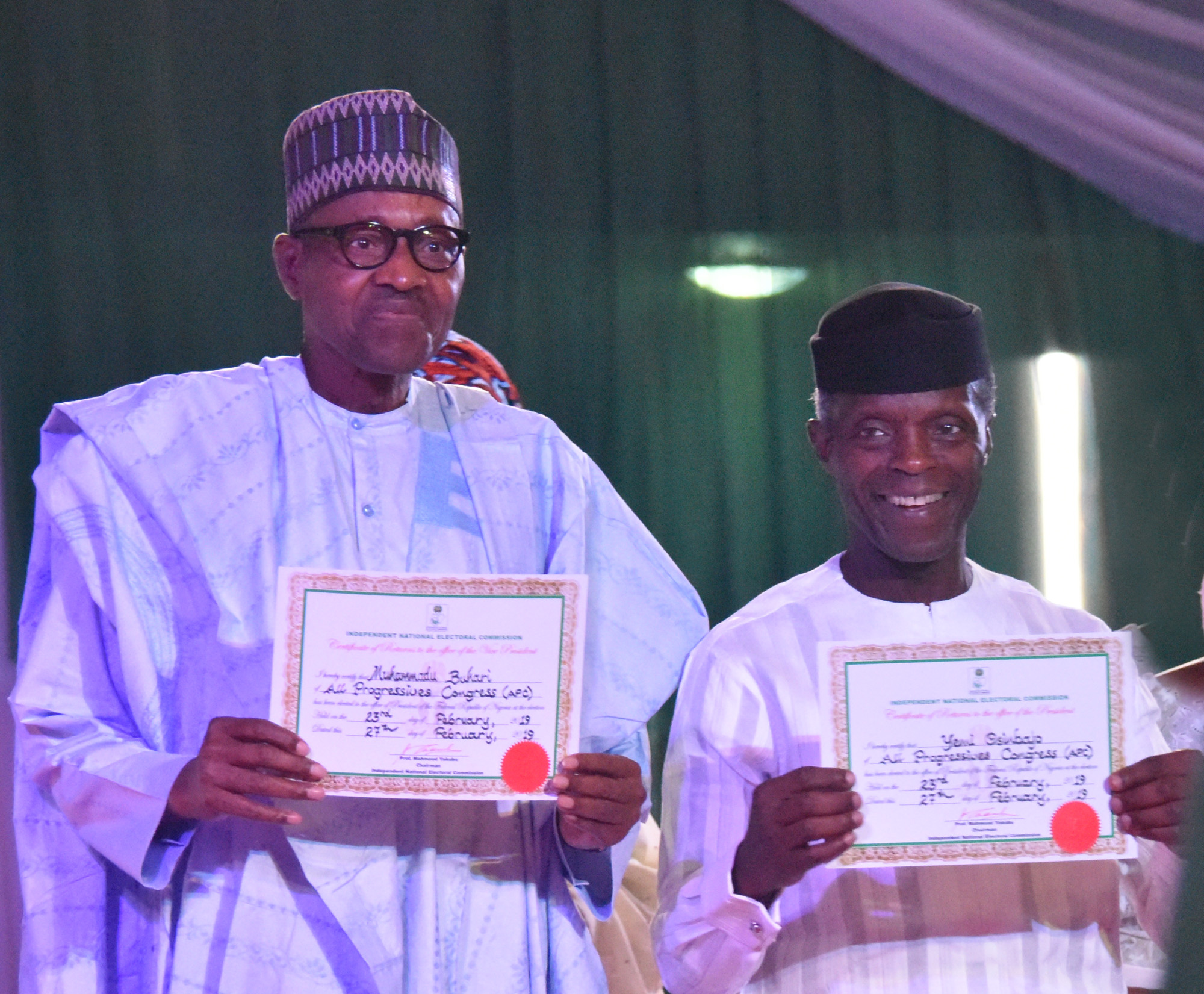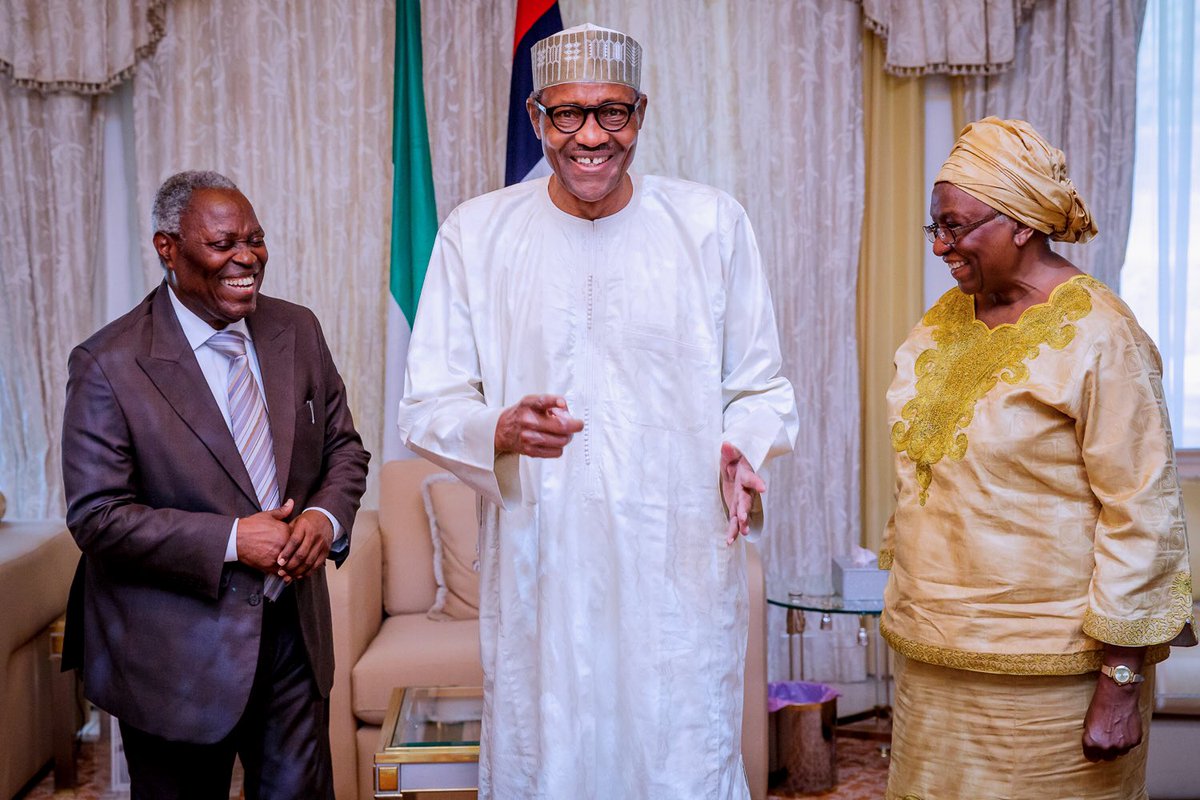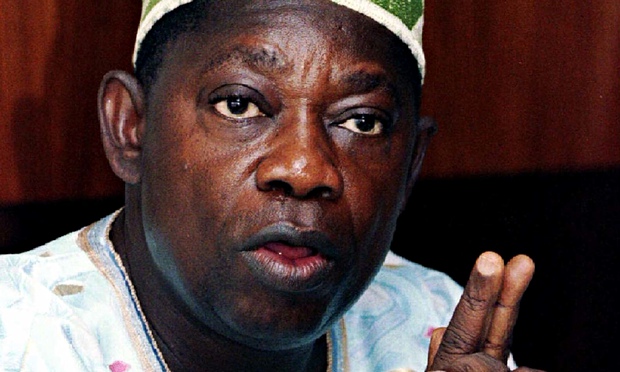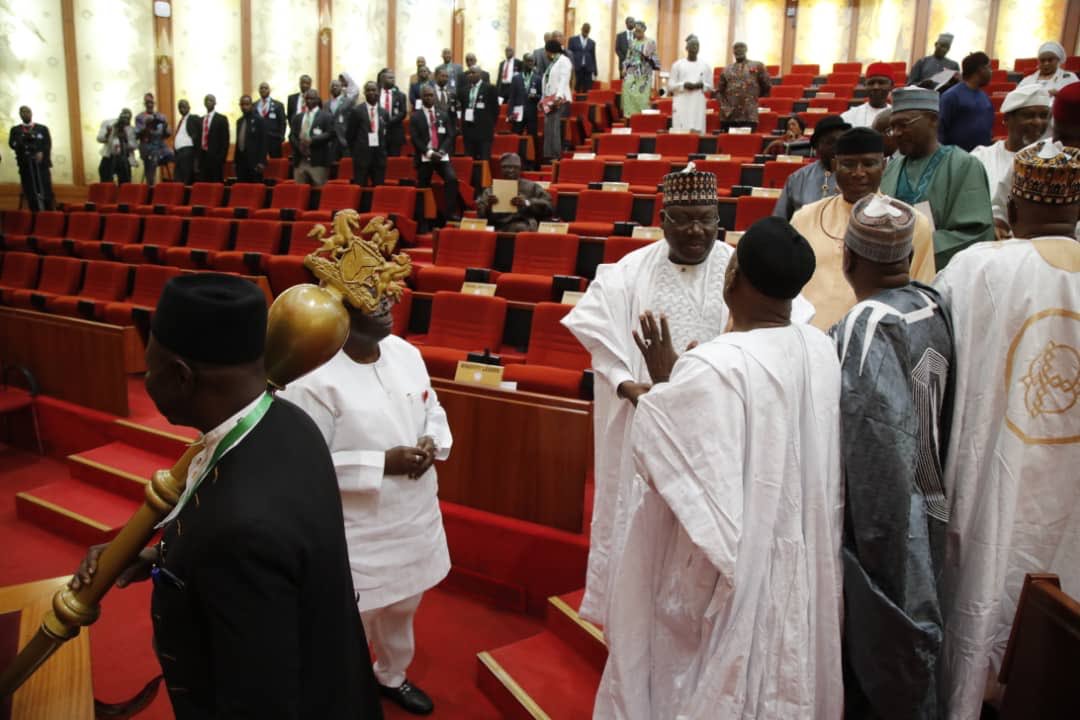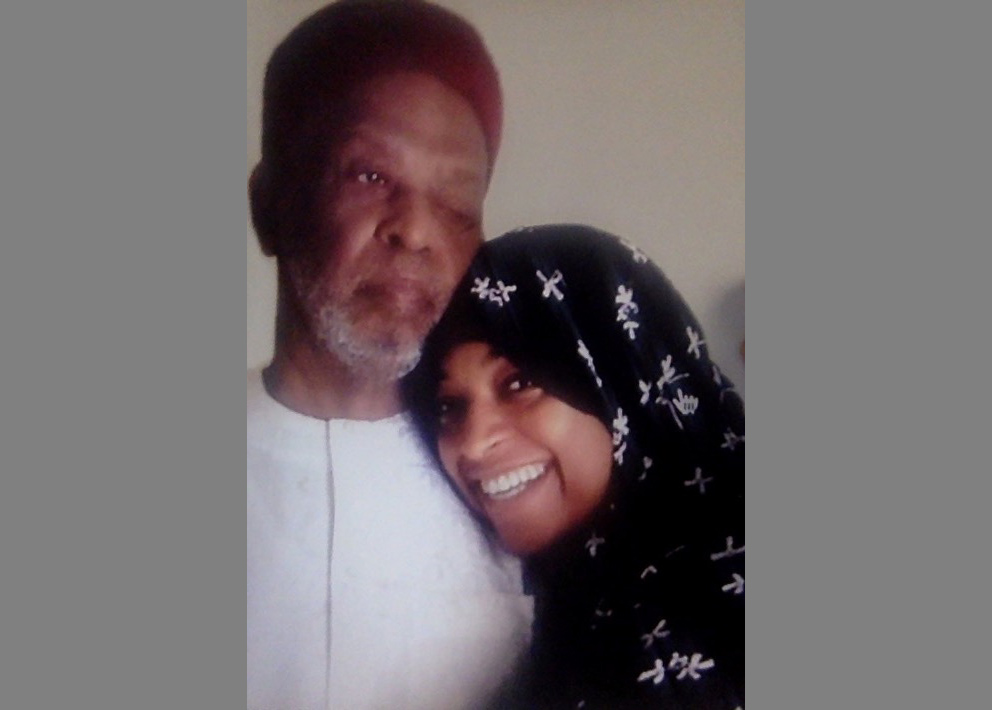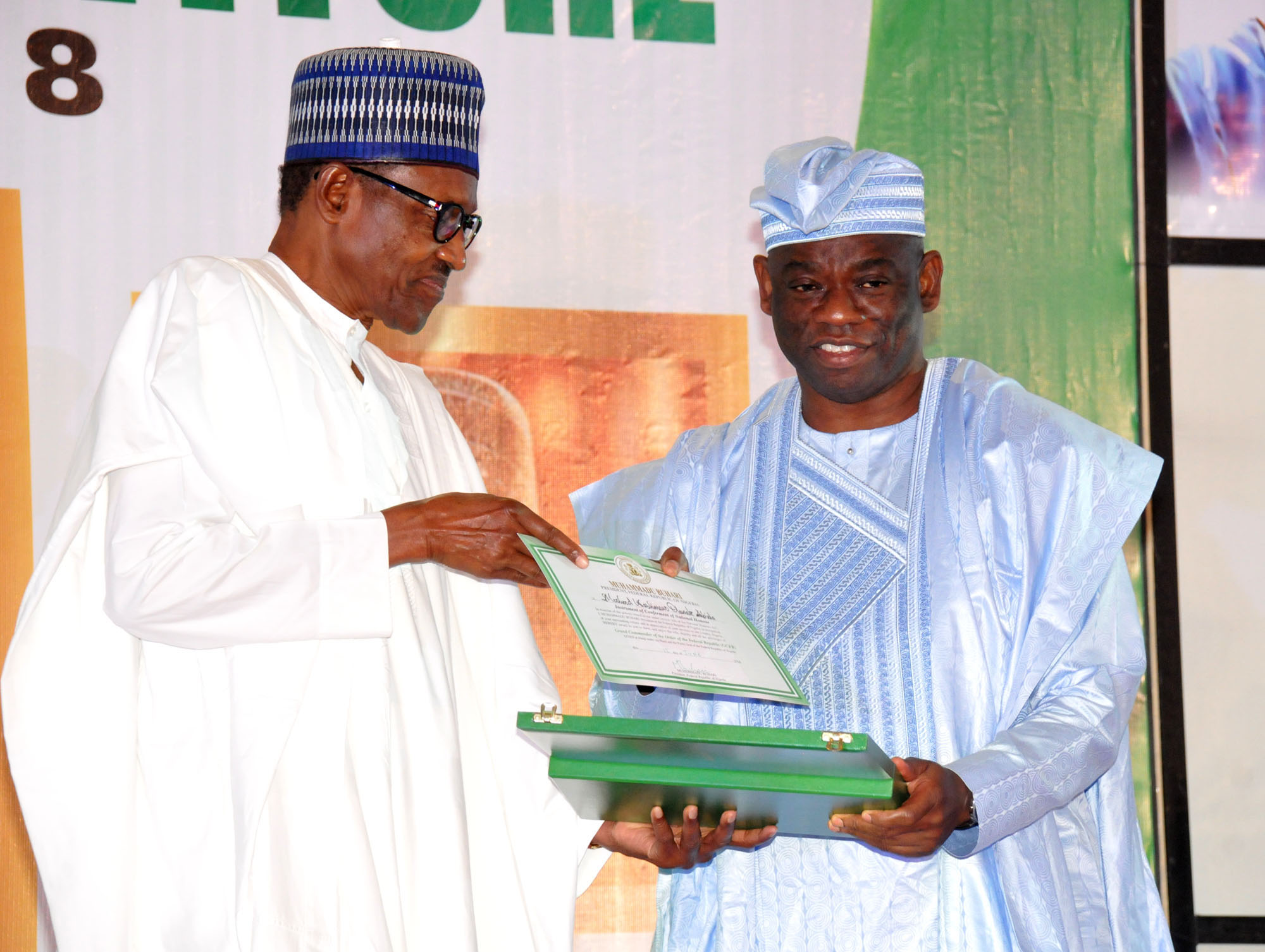Pic 18. From left; Chairman, Nigeria labour congress Enugu State chapter, Comrade Virginus Nwobodo; Gov. Ifeanyi Ugwuanyi of Enugu State and chairman Trade Union Congress Enugu State chapter, Comrade Chukwuma Igbokwe during the 2017 May Day celebration in Enugu on Monday (1/5/17).
02382/1/5/2017/Michael Agada/EO/NAN
It has long become fashionable for political leaders at the grassroots to merely make appearances at their rural constituencies at official work hours but retire to their homes in cities often located many kilometres away. Although it was always difficult rationalizing this, yet no one – especially senior elected politicians – ever dared to condemn the absurd practice because, apparently, pretty much everyone else was just as guilty.
So speaking this inconvenient truth to local leaders required someone who could, more or less, come to equity with clean hands. This was exactly what Governor Ifeanyi Ugwuanyi did last week when he met with council chairmen, their deputies, councilors, supervisors and members of development centres at the Government House, Enugu. “How often do you see me travel abroad or to Abuja?” he asked the utterly chastened officials, and explained to them in lucid details how the multiplier effect of spendings made by their household can benefit the community in a social and economic sense. “If you don’t reside in your constituencies, how do we ensure that the doctors deployed to our rural health facilities report for duty? If you only spend time with your constituents like visitors, how would you know if the teachers are actually devoting time to instruct our pupils in the rural areas?” he asked further.
For Ugwuanyi, the push to have elected public officials reside in the same community as their constituents is not for the sheer symbolism it represents. He is convinced that doing so will infuse in them a greater commitment to develop their constituencies, especially rural ones, to such a level where the impelling need to dash off to cities at the flimsiest excuse no longer exists. It could, as well, stem the perennial influx of rural dwellers to cities which has over the years been the bane of structured urban development and the reason for the proliferation of unplanned suburban squatter settlements.
The governor’s admonition was not mere lip service. Indeed, his strong belief in rural-centric development had always been underscored by the attention he has paid to the upgrade of living conditions in rural communities. That commitment could further be gleaned from the fact it was a focal point of his inaugural speech both at his first and second term swearing in ceremonies. As he has often pointed out, “we will continue to pay special attention to rural development because majority of our people live in rural areas”. It is this conviction that underpins his administration’s inclusive philosophy which offers an equal opportunity for all to thrive, regardless of political affiliation, creed and clan. The expansion of infrastructural development to long neglected communities some of which had never hosted a government project also stems from that.
Advertisement
For instance, the construction of the Amurri road in Nkanu West Local Government Area is a testimony to that drive to enthrone a better living condition for rural communities. This unpaved dusty four-kilometre stretch and only access road into Amurri was for decades an ugly reminder of the abandonment which residents of community have had to live with.
Indeed, the highly successful “One Community, One Project” initiative is a product of that grassroots development philosophy. It’s instructive the governor had equally voiced his commitment in the second term inauguration speech to further deploy massive resources to spur development in rural areas, pledging to “review the programme to make it even better”. This programme gives each of the 540 autonomous communities in Enugu State the latitude to choose and implement a development project they consider expedient, with a N5m grant from the state government.
Nothing feeds the democratic culture better than inclusive governance that offers citizens a participatory experience. The absence of these breeds resentment, cynicism and a mercantilist attitude in the people, even in relation to civic engagements. But when political leaders at the grassroots live among the people over whose affairs they are supposed to preside, such feelings are mitigated. Besides, probity becomes enriched because a sense of accountability is usually directly proportional to the distance between the leaders and the governed. It is this severed bond that Ugwuanyi hopes to recreate through his open denunciation of leaders who would rather embrace the fripperies of their executive office but frown at the sacrifice that comes with it, such as living alongside the constituents whose votes elevated them in the first place.
Advertisement
Consistent with that pursuit is the goal to create more cities and open up rural areas by constructing new roads and rehabilitating existing ones in poor condition. Ugwuanyi doesn’t however consider road rehabilitation as an end in itself; he sees them as a significant part of an integrated socio-economic mix that includes agricultural development. Such vision and sustained investment had resulted in the construction of six Pivot Irrigation systems in communities where rice is grown. That effort helped boost rice output to 1,800,000mt and enabled the cultivation of the crop twice a year. It also led to the launch of the Agricultural Feeder Roads projects totaling over 46.9 kilometres in 12 rice-growing communities across the three senatorial zones, which has substantially eased the burden farmers once had to contend with in evacuating their crops from farms to the market.
Transforming the rural areas will also serve as an incentive for essential public sector workers like teachers, doctors and nurses deployed to those communities to continue to work or reside comfortably there. The measures so far introduced by the Ugwuanyi administration have successfully brought the student-teacher ratio in Enugu State public schools, including rural-based ones, to an optimal level. Those measures include sustained investment in expanding the state’s Free Maternal and Child Health programme, which has significantly reduced maternal and child mortality rate. This is so because pregnant women in rural communities who might ordinarily have stayed at home to deliver – despite the grave risk involved – due to lack of funds now come to clinics knowing that they don’t have to pay.
So, beyond the emotive desire to see political leaders live among their people, there is no doubt that political leaders’ relocation to rural communities can help strengthen governance structures at the grassroots and inspire better service delivery in critical sectors such as health and education.
It really makes sense then that rural development got a huge slice of the Enugu State 2019 budget. The lesson inherent in all this is plain: rural communities should not be places politicians visit only to solicit votes; those who live there are as entitled to the good life as everyone else because their stake in democracy is no less important to urban dwellers’ sense of entitlement. This is the paradigm shift Gov. Ugwuanyi has enthroned in Enugu and the values he seeks to inculcate in the political class.
Advertisement
Ani, formerly editor of ThisDay, The Saturday Newspaper and Saturday Telegraph, is senior research and communications aide to the governor of Enugu state.
Views expressed by contributors are strictly personal and not of TheCable.

